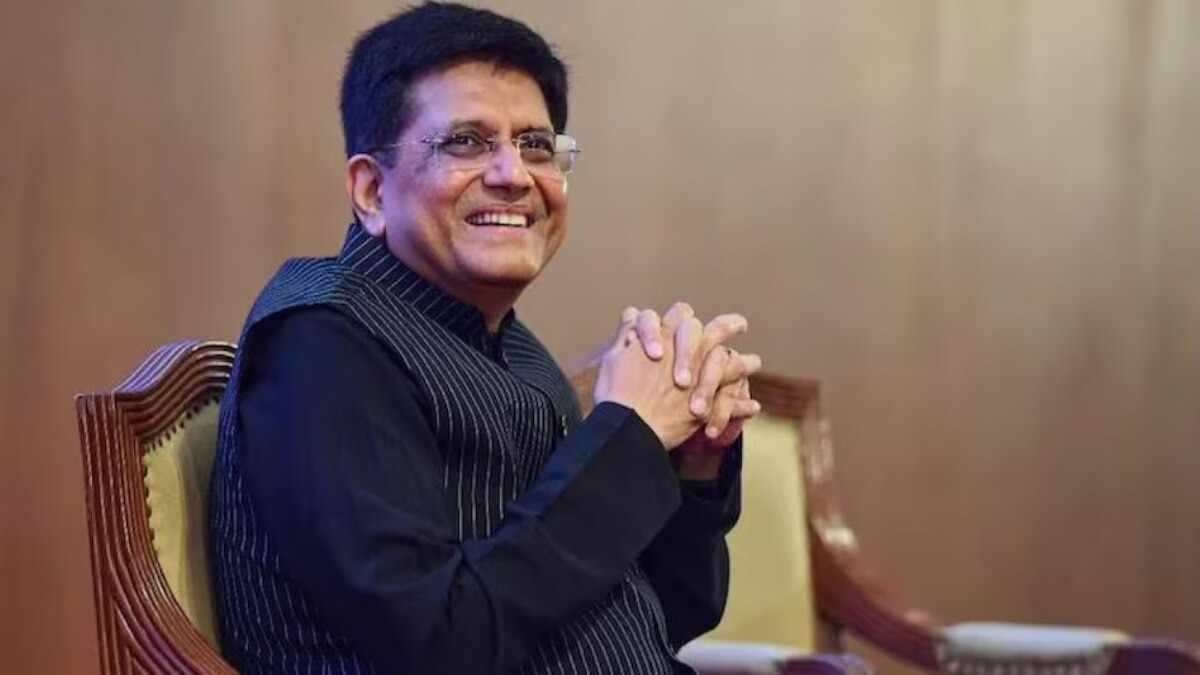Commerce Minister Piyush Goyal on Friday reaffirmed that India refuses to be rushed into signing trade agreements under arbitrary deadlines. He stressed that any Free Trade Agreement (FTA) India pursues will be grounded in mutual benefit and national interest. Addressing reporters, Goyal said that negotiations are actively underway with several global partners, including the United States and the European Union.
“An FTA should be a win-win. India never negotiates trade deals based on deadlines. Our focus is always on fairness and what benefits the country,” he said.
Goyal noted that India is open to fair and balanced trade agreements with developed nations but will not compromise on its key priorities. Responding to questions about a possible visit to Washington D.C., he clarified that there are no immediate plans for such a trip, particularly with the Parliament session set to commence soon.
Sources told Business Today that India is pushing for long-term trade concessions from the US in sectors such as textiles and leather to stay competitive with other exporting countries. The US, however, is not granting exemptions on steel tariffs to any nation.
Despite tariffs exceeding 50%, steel imports continue to flow into the US market due to the high cost of domestic production. While all negotiation avenues remain open, a social security agreement is currently not part of the discussions, sources added.
India plans WTO retaliation
India on Friday notified the World Trade Organisation (WTO) of its intention to impose retaliatory tariffs on select US-origin goods in response to the recent increase in US duties on automobiles and certain auto parts.
In its official communication to the WTO, India stated it plans to suspend trade concessions by raising tariffs, in line with global trade rules. “India reserves its right to suspend concessions or other obligations after thirty days from the date of this notification,” the notice said.
The move follows the US decision on May 3 to levy a 25% ad valorem safeguard tariff on imports of passenger vehicles, light trucks, and specific auto parts—a measure India has challenged as a breach of WTO norms due to a lack of proper notification.
This development comes amid ongoing negotiations between the two nations as they work toward finalising a limited trade agreement.







